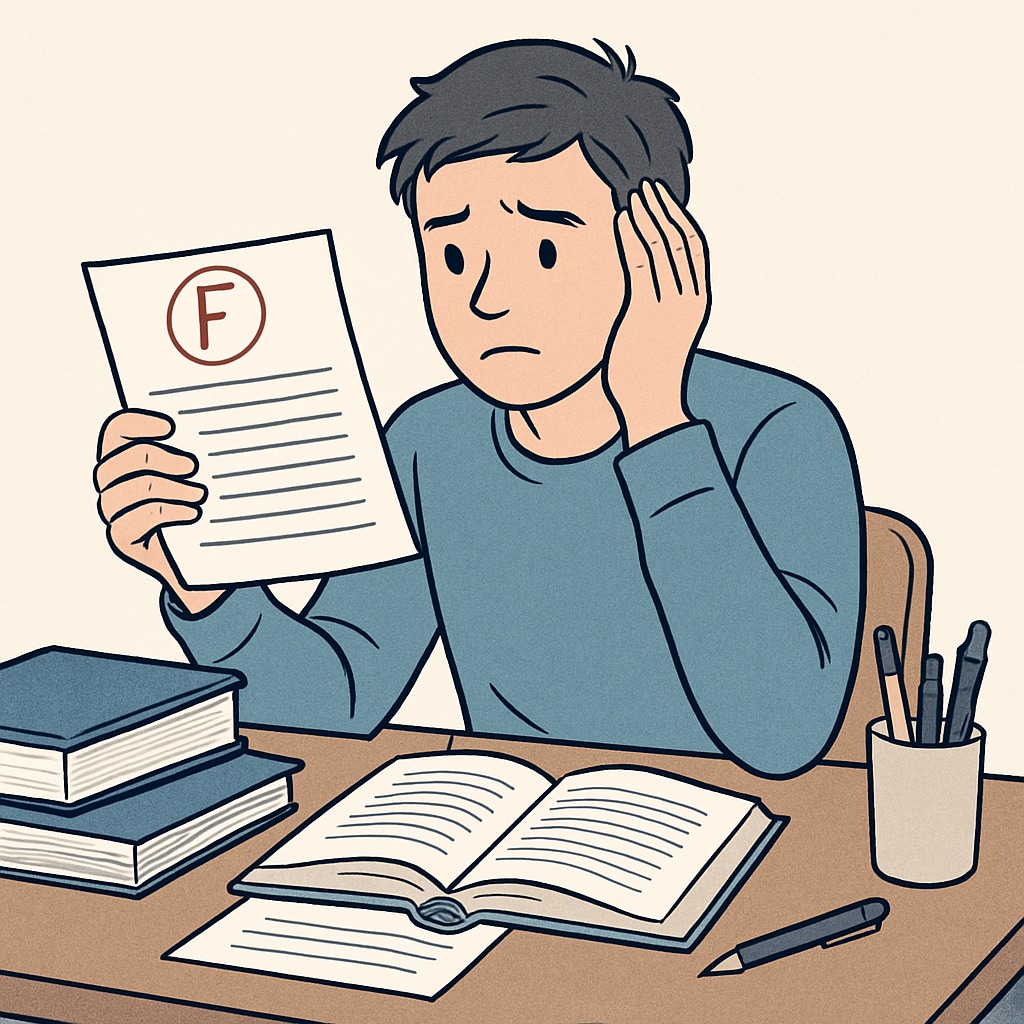For students in the UK, GCSE results often represent a milestone that shapes their academic future and career aspirations. However, not achieving the desired grades can lead to profound “academic worries” and “self-doubt”. Many students grapple with feelings of inadequacy, questioning their abilities and future prospects. But is it time to challenge the notion that GCSEs define a person’s worth or potential?
The Psychological Toll of Disappointing GCSE Results
The pressure surrounding GCSE performance is immense. Students often perceive these results as a reflection of their intelligence and potential, which can lead to overwhelming stress. When grades fall short, feelings of failure and self-doubt can emerge, impacting mental health.
Studies show that academic stress can contribute to anxiety and depression among teenagers (BBC Future). This is particularly true in a society that places high value on academic achievements as a primary measure of success. Parents, teachers, and peers may unintentionally intensify this anxiety, reinforcing the idea that poor GCSE results equate to diminished opportunities.

Redefining Success: Exploring Alternative Educational Pathways
While GCSE results are important, they are not the sole determinant of a student’s future. Many successful individuals have pursued alternative paths, proving that there is no one-size-fits-all approach to education. Apprenticeships, vocational training, and creative fields offer valuable opportunities for those who might not excel in traditional academic settings.
For instance, vocational qualifications like BTECs (Business and Technology Education Council qualifications) provide hands-on experience and prepare students for specific careers. Similarly, apprenticeship programs combine work-based learning with study, offering a practical route to success.
Encouraging students to explore diverse pathways can help them rediscover their confidence and passions. As a result, they can shift their focus away from academic setbacks and toward long-term personal and professional growth.

Building Resilience and Overcoming Self-Doubt
Overcoming the disappointment of GCSE results requires resilience—a skill that can be developed through support networks and positive reinforcement. Here are some practical steps to help students move forward:
- Seek professional guidance: Career counselors and mentors can help identify alternative routes and set achievable goals.
- Focus on strengths: Encourage students to recognize their talents outside academics, such as creativity, leadership, or technical skills.
- Normalize setbacks: Sharing stories of successful individuals who faced academic struggles can inspire hope and determination.
Additionally, educators and parents play a crucial role in fostering an environment that values diverse achievements. By shifting the focus from grades to personal growth, students can develop a healthier perspective on success.
A Broader Perspective on Educational Success
It’s crucial to view GCSE results as one chapter in a much larger story. Life offers countless opportunities to learn, grow, and succeed, many of which lie beyond the confines of traditional education. By embracing a broader definition of success, society can help students see their potential beyond the grades on their report cards.
In conclusion, while disappointing GCSE results may bring academic worries and self-doubt, they do not define a student’s future. By exploring alternative pathways, building resilience, and shifting societal perspectives, we can empower students to achieve success on their terms.
Readability guidance: This article uses short paragraphs, clear transitions, and lists to enhance readability. It balances academic insight with practical advice to engage readers effectively.


